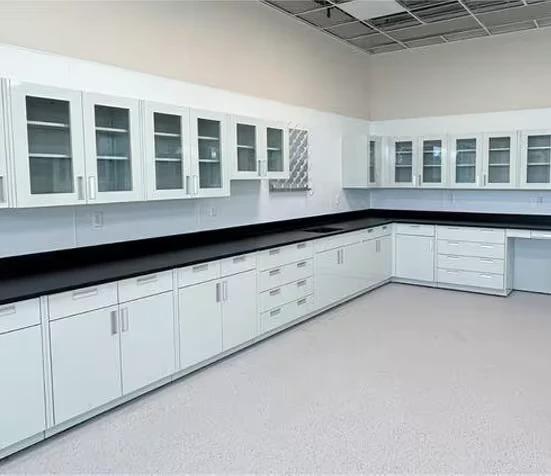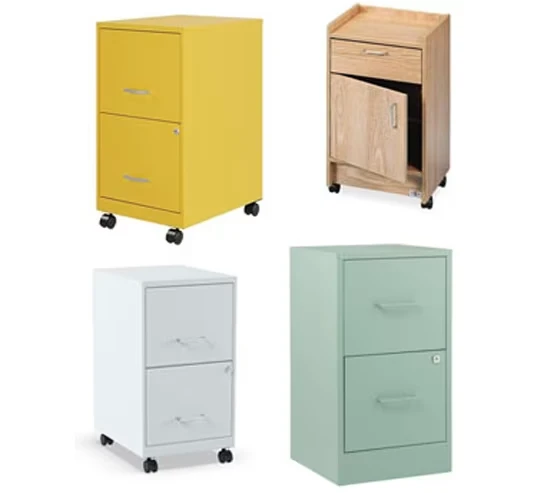
Pharmaceutical Division
In the pharmaceutical sector, metal furniture is essential for upholding the stringent hygiene, safety, and durability standards required in sensitive environments. Metal furniture is favored for its robust characteristics, chemical resistance, and compliance with rigorous regulatory standards. Below is an overview of metal furniture applications in the pharmaceutical division.
Hygienic Design
Importance: In pharmaceutical environments, furniture must support cleanroom conditions and minimize contamination risks. Metal, particularly stainless steel, is ideal due to its non-porous surface and ease of cleaning.
Examples: Stainless steel tables, cabinets, and workstations are commonly utilized in production, research, and packaging areas.
Chemical Resistance
Importance: The pharmaceutical industry often involves the use of various chemicals during production. Metal furniture, especially stainless steel, provides excellent resistance to corrosive substances, ensuring durability and safety.
Examples: Chemical-resistant workbenches, storage cabinets, and trolleys are essential in laboratories and manufacturing areas.
Durability and Strength
Importance: Metal furniture is designed to withstand heavy loads, frequent use, and the rigorous cleaning procedures typical in pharmaceutical settings.

Examples: Heavy-duty shelving units, storage racks for lab equipment, and pallet racks in warehouses are commonly used.
Compliance with GMP Standards
Importance: The pharmaceutical industry adheres to Good Manufacturing Practice (GMP) regulations, which require materials that promote cleanliness, safety, and efficient workflow. Metal furniture meets these guidelines due to its smooth surfaces and ability to endure regular cleaning and sterilization.
Examples: GMP-compliant stainless steel workstations, shelving, and carts are utilized in cleanrooms and sterile environments.
Customization for Lab and Cleanroom Environments
Importance: Different areas within a pharmaceutical facility have unique requirements. Metal furniture can be tailored to meet specific needs, such as height-adjustable tables, modular shelving systems, and mobile workstations that enhance workflow efficiency.
Examples: Custom stainless steel benches with integrated storage, mobile trolleys for easy transport of supplies, and modular shelving systems for flexible storage solutions.
Corrosion and Heat Resistance
Importance: In cleanrooms and sterile environments, metal furniture must withstand exposure to high temperatures and corrosive cleaning agents. Stainless steel is particularly effective in resisting corrosion and maintaining structural integrity under these conditions.
Examples: Corrosion-resistant cabinets, autoclave racks, and heat-tolerant carts are essential in sterilization processes.


